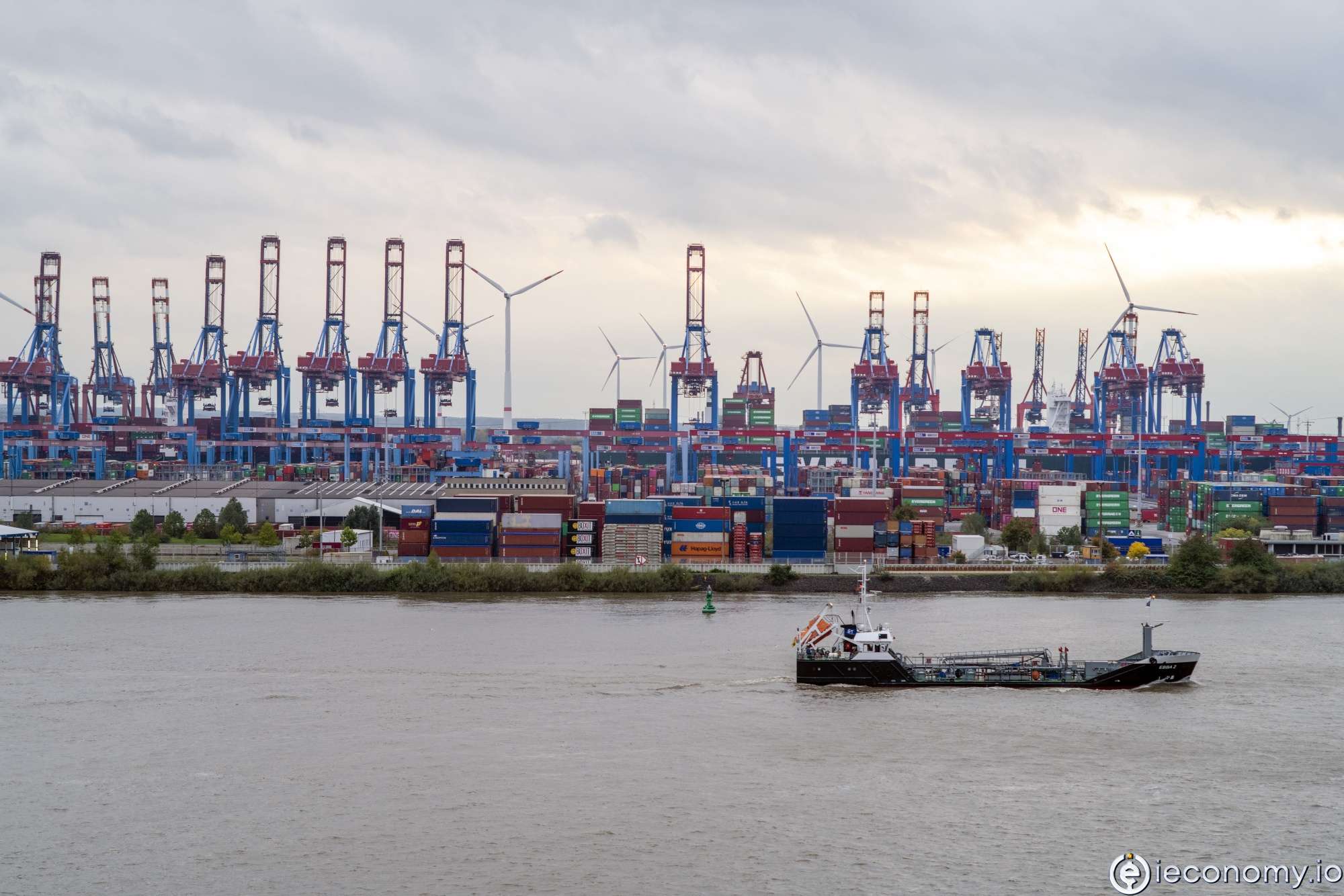8651
0
The global supply chain problems lowered Germany's growth forecast
Problems in the global supply chain forced the German government on Wednesday to lower its growth forecast for 2021.

Yazar: Tom Roberts
Yayınlanma: 28 Ekim 2021 14:28
Güncellenme: 21 Şubat 2026 14:53
The global supply chain problems lowered Germany's growth forecast
Problems in the global supply chain forced the German government on Wednesday to lower its growth forecast for 2021 as it prepares to hand over power to the new cabinet. The shortage of raw materials and components has thus slowed the recovery of Europe's largest economy from the effects of the new coronavirus pandemic. Chancellor Angela Merkel's government on Wednesday cut Germany's gross domestic product growth estimate this year to 2.6 percent from the originally expected 3.5 percent. This was stated by the Minister of Economy Peter Altmaier for the public television ZDF. "It will still be one of the strongest growths in Europe," Altmaier said. However, he pointed out that many raw materials and components are not supplied, and this is simply reflected in the performance of the economy. Higher energy prices are also another factor holding it back. However, economic growth at 2.6 percent is still relatively strong, although the real boom will not occur until next year, when the economy should grow by more than four percent, the minister said. The shortage of components and raw materials has a particularly negative impact on production-driven economies such as Germany. Lines in the important automotive sector have already stopped in the country. The question of how to start the economy will also be at the top of the new government's agenda. The parties will start discussing its composition on Wednesday. In their original agreement, the Social Democrats, Greens and Free Democrats (FDP) promised massive investment and less bureaucracy to prepare Germany for a greener and digital future. However, they promised not to introduce any tax increases and to maintain the strict German debt rule, which limits deficits to a maximum of 0.35% of gross domestic product (GDP) in normal times, which is the red line for FDP. Finding a way to achieve both will require "creativity," the parties themselves admitted. Due to supply problems, their prices have risen sharply. In September, for example, input prices in German industry rose by 14.2% year on year, a pace not seen since the 1970s. Other indicators, meanwhile, have gone down: German exports fell in August for the first time since April 2020, at the beginning of the pandemic. Industrial production fell by 4% in August, while new orders fell by 7.7%. Under the pressure of "surprisingly long-lasting problems in the supply of components, raw materials and transport, further forecasts for the economy will be revised downwards," said Ulrich Kater, chief economist at Deka Bank. Earlier this month, leading German economic institutes (DIW, Ifo, IfW, IWH and RWI) lowered their economic growth forecast for 2021 to 2.4% from 3.7% in the previous April forecast. After a rapid expansion in the spring, the German economy is hampered by supply-side barriers and "hinders production," the institutes said in a statement. However, they predicted that the impact of the pandemic and supply problems would be "gradually overcome", so they improved their growth outlook in 2022 to 4.8% from 3.9%.İLGİLİ HABERLER





European stocks soared and focus shifted to German retail sales after Powell's speech!

Forex Signal For TRY/USD: Inflation Slowdown in November.

Forex Signal For GBP/USD: Bullish Trend Still Not Breaking While Recovery Continues.

Forex Signal For EUR/USD: Starry US Data Points to Higher Fed Increases.

Forex Signal For BTC/USD: Downside Continues as Bitcoin Recovery Moves Less.
En Popüler Haberler
Yorum Yap
Yorumlar
Henüz yorum yapan yok! İlk yorumu siz yapın...